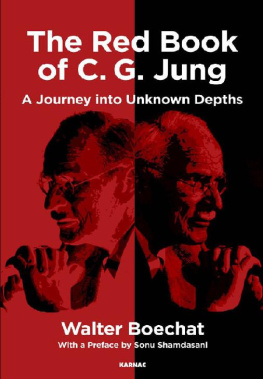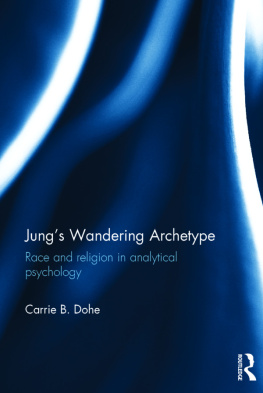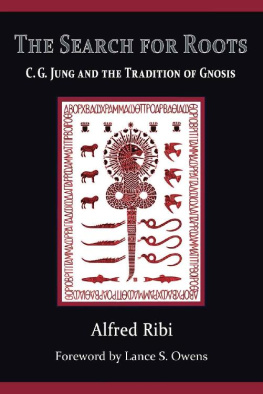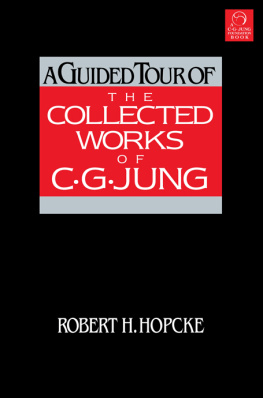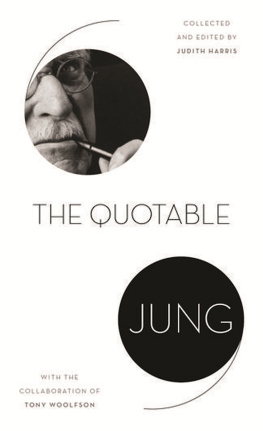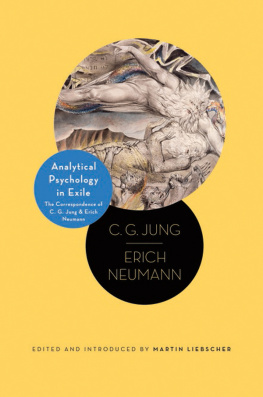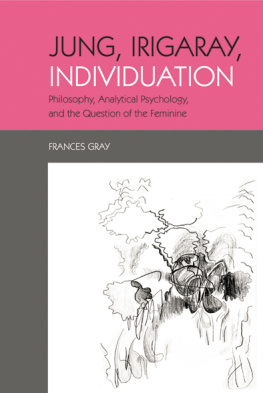PREFACE
Sonu Shamdasani
30 December, 1913, Ksnacht, Switzerland. In the dead of winter, Jung finds himself in his fantasies in the Libyan desert, and encounters the old Christian anchorite, Ammonius, and finds him reading. At this stage in his career, Jung had done not a little reading, as well recently a voluminous collection of hermeneutical analysis of texts in Transformations and Symbols of the Libido, but Ammonius proceeds to give Jung's I a lesson in how to read a book:
Surely you know that one can read a book many timesperhaps you almost know it by heart, and nevertheless it can be that when you look again at the lines before you, certain things appear new or even new thoughts occur to you that you did not have before. Every word can work productively in your spirit. And finally if you have once left the book for a week and you take it up again after your spirit has experienced various different changes, then a number of things will dawn on you.
Ammonius goes on to explain to Jung's I that he reads the Gospels to seek their meaning which is yet to come. In this passage, Liber Novus, the book itself in the voice of one its personages, instructs us as to how to read it. I first read this dialogue in 1996, and it has haunted and instructed me, as I continue to labour on Liber Novus and Jung's Black Books, in the asceticism of scholarship.
Walter Boechat aptly characterises Liber Novus as a Janus faced work, pointing both to the past and the future. As a historian engaged in the complex task of editing the work for publication, my gaze was necessarily fixed upon the past: for example, to contextualise the work and its genesis to facilitate its reading. To do this, it is essential to avert one's eyes from the concerns of the present.
Liber Novus presents an unprecedented opportunity for a new understanding of Jung's thought, in particular, the interrelation between his esoteric work on his own fantasies, and his exoteric scholarly works. At the same time it holds open the possibility for a reinvigoration of Jungian psychology. The former is the work of the historian, and the latter the task of the psychologist.
Once published, the fate of a book depends upon its active reception: how those who take it up will read it, and in turn mediate it to others. Through translating Liber Novus into Portuguese, Walter Boechat has contributed to what Walter Benjamin would have called its continued unfolding in a new culture, enabling it to find a new community of readers. He has now taken up the challenge of reflecting upon what the book may hold for the future of psychological theory and psychotherapy. In so doing, he has provided bridges between the past and the future of the book, opening paths which are salutary and instructive, and which provide an opportunity for Jungian psychology to begin again, through relinking concepts with the imaginal ground from which they arose, and thereby refreshing them with new sap.
PROLOGUE
Opening The Red Book seems to be opening the mouth of the dead
James Hillman, Lament of the Dead
The Congress of the International Association for Analytical Psychology (IAAP) is held once every three years. In 2010, the IAAP Congress took place in Montreal, Canada. The association brought together recognised Jungian institutions from across the world, and a large number of analysts from all corners of the globe participated, debating and evaluating new concepts and the theoretical and cultural applications of analytical psychology. One of the most significantand perhaps long-awaitedparticipants at the Montreal conference was Sonu Shamdasani, editor of The Red Book. Shamdasani took part in two events; an evening conference and an afternoon debate, and was enthusiastically applauded for both. Many of the analysts present had questions for the speaker. Rather significantly, a good part of these questions were preceded by words of gratitude for his valuable contribution to widening the understanding of analytical psychology and its concepts through his detailed research of

